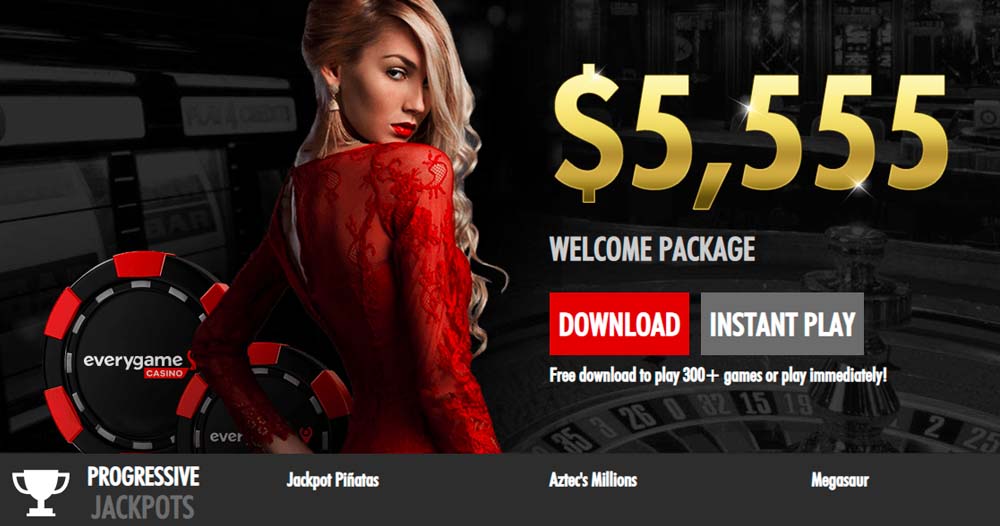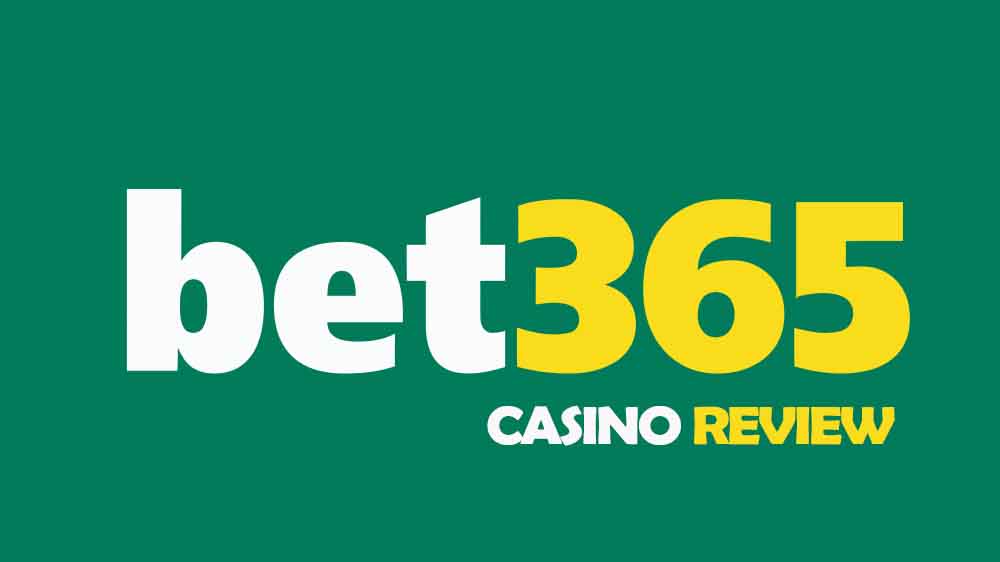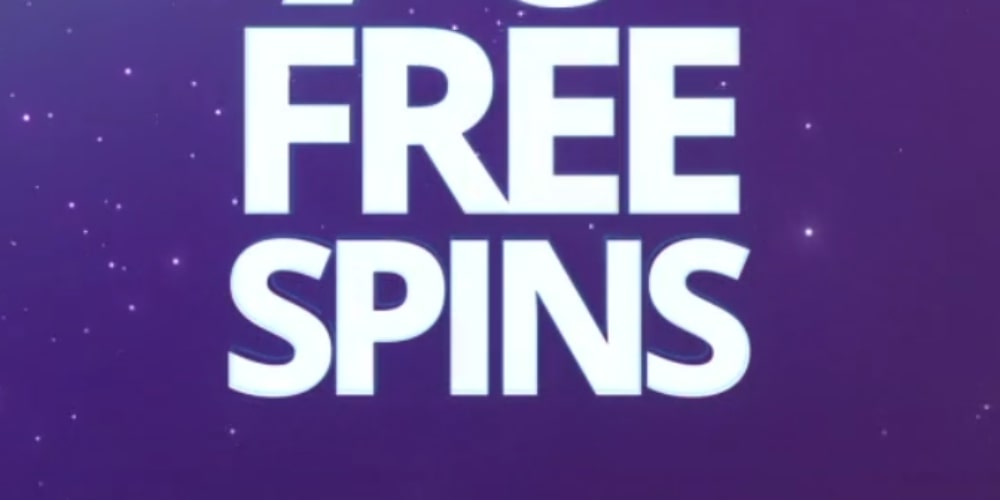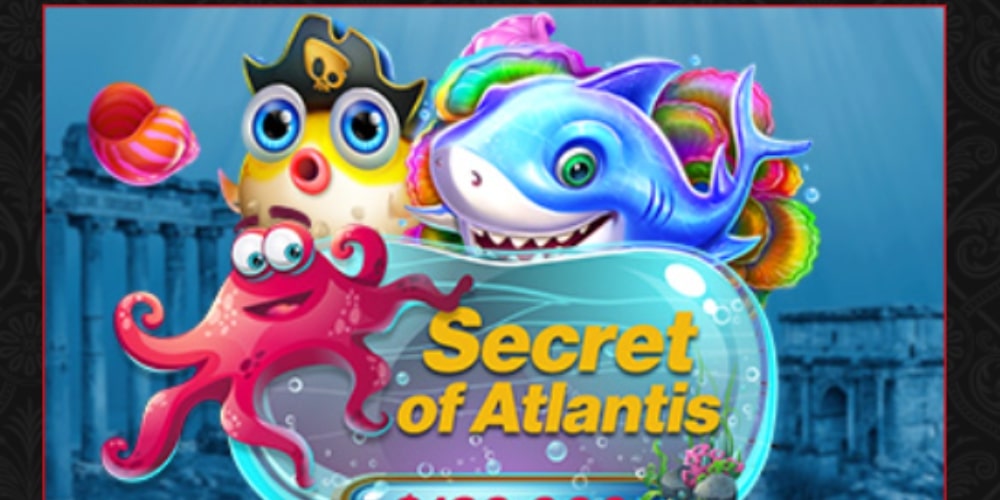Social Gambling

Introduction: Social Gambling
Farmville launched in 2009 and by its peak, in March 2010, the game had 83.76 million monthly users. In spite of such bonkers numbers, by 2016, the game had fallen to the one-hundred-and-tenth most popular Facebook game as measured by daily active users. Doing the same repetitive tasks and then pressurizing your friends and family to take part. This led to Time Magazine describing the game as one of the “50 worst inventions”. These games were quickly followed by other more obvious gambling games. Luckily real cash gaming is still the resort of online jackpot sites.
Jump On The Bandwagon
Soon “social gambling” was rapidly becoming the de riguer buzzwords of the industry. Using Facebook as the platform for launch, meant that you had access to an instant army of followers from the get-go. Even casinos like Caesar’s Palace took note. They then shat out a load of rubbish free games based those found at their casino. Many other companies quickly followed suit. After months of hype, only a handful of companies were able to launch “real money” gambling games. The reason for this is to be found in Facebook T & C’s.
Read The T & C’s
When you first sign up to the social media giant, you need to agree with the Terms and Services. OK…we’re sure more of you simply click the box without actually reading the T & C’s. Well, it’s these that stop social gambling companies from getting much further at finding online gamblers. Facebook is a company with a global presence and has to please all sorts of different governments and regimes, country to country. Some of these are happy with online gambling, but many are not. So Facebook needs to please the strictest common denominator in order to maintain it’s presence in that particular country. And that’s not an easy balancing trick.

Different Countries, Different Laws
There are countries like Spain or the UK, for example, which are content to allow online gambling, provided that it is highly regulated. Other countries are much more relaxed. And yet other prohibit gambling altogether. As a result, only a couple of developers are able to offer real money games via Facebook. Part of their agreements is that they need their offering to be country-specific, focusing on only one country at a time. Because this approach is more about limiting than expanding, then it’s really no surprise that social gaming has started to wane.
Not Social Gambling
Though various regulations from around the world have hindered the take up of social gambling, there’s more to the picture than meets the eye. Though many casinos tried to introduce their games via a social media platform, it looks like the public has no interest. People know what is the correct way to win the jackpot online. For one thing, gamblers don’t really like to talk about their wins and losses. Also, players are perfectly content with going onto their favorite online casino and playing there. Most of the so-called social gambling you see over at Facebook is not really social at all. It’s just you playing against the machine.
Too Much Phishing and Faking
Another important point often missed, is that there was always an assumption that getting people to have a free spin on Facebook would somehow translate into sales from a real casino. It appears that nothing could be further from the truth. Another huge issue with social games as a whole is that there’s a huge amount of fake profiles and spam created around each game. And then finally we have to come back and address the fact that simulated gambling may lead some down the road to real gambling. In which case we have then come full circle and are back to the problem of dealing with gambling on a country by country basis.
At the end of the day, social media platforms are just as happy that social gaming hasn’t taken over. It means much less in the way of headaches for them.
Click here to visit the King Billy Casino














